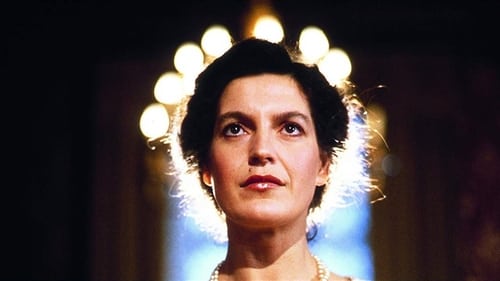
Editor
Shot with striking immediacy by a subjective camera, “Angst isst Seele auf” assumes the point of view of a black actor in Germany dealing with racist abuse as he prepares to appear in a play based on Fassbinder’s film, about the taboo relationship between an older German woman and an Arab man. Sharing the same lead actress (Brigitte Mira), cinematographer (Jürgen Jürges), and editor (Thea Eymèsz) as in Rainer Werner Fassbinder’s 1974 Film “Angst essen Seele auf”, these twin works offer a searing indictment of prejudice within German society.

Sound Editor
Edith runs a left-wing journal and when her marriage starts to fall apart (her husband is unfaithful), she can find no solace in her son who is more of a problem than an asset. On top of heading toward a divorce and being unable to handle her son's asocial tendencies, her neurotic uncle moves in, demanding personalized care. Just to keep her sanity intact, Edith starts writing in her diary to vent her own feelings and ambitions. As her son goes from bad to worse over a five-year period, it turns out that Edith's diary may be of more benefit than she could have ever imagined. In this adaptation of Edith's Diary by Patricia Highsmith, director and writer Hans W. Geissendoerfer has maintained Highsmith's psychologically tormented characters while changing the location and time of her story from the U.S. of the 1960s to Germany in the early 1980s.

